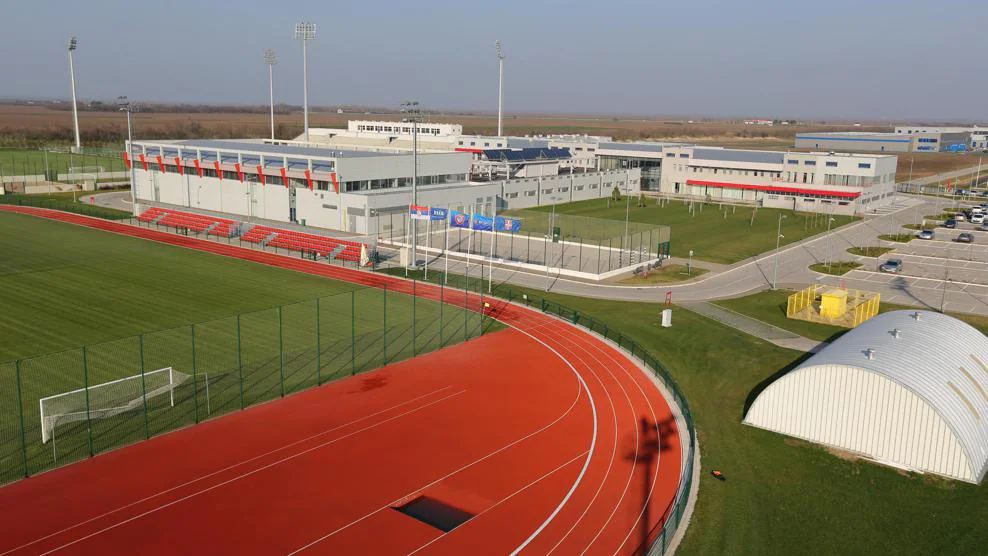UEFA Congress in Belgrade U-21
Belgrade, Serbia (April 01,2025) — The UEFA Congress heads to Belgrade, the capital of a nation with a proud footballing heritage and an ambitious vision to elevate the beautiful game for all.
Having contributed to many of the ex-Yugoslavia teams across the 20th century, it should be no surprise that Serbia is once again making its impact on the international stage.
Notable international success includes an Under-19 European Championship title in 2013, followed a year later by a FIFA U-20 World Cup win, and in 2024 its men’s team took part in a UEFA EURO finals for the first time.
Serbia will take centre stage in 2027, co-hosting the UEFA Under-21 European Championship with Albania, a first for both countries, but this week, all eyes are on the 49th Ordinary UEFA Congress in Belgrade, which convenes the presidents and general secretaries representing each of UEFA’s 55 national associations to make decisions that help shape European football.
Developing football fit for the future
The FSS recently launched its 2024-28 strategy, Believe in Better, which aims to make Serbian football a world-class, inclusive and sustainable sport.

A series of wide-ranging football infrastructure development projects is central to the gameplan, raising standards and helping prepare the country to host the U21 EURO. Twelve of Serbia’s top clubs are receiving new hybrid or artificial pitches of international quality, funded by the FSS, UEFA solidarity payments and the UEFA Hat-Trick programme, which since 2004 has used EURO revenues to develop the game across Europe.
Hat-Trick funding is also being used to build two new regional football centres, in Novi Sad and Niš, as well as renovate the FSS national training centre in Stara Pazova outside Belgrade.
The national centre has provided a home for Serbia’s national teams and educational programmes since 2011 and was originally constructed with HatTrick funding. New pitches will provide capacity for the increasing number of youth competitions it hosts, while new floodlighting and the installation of solar panels will reduce its environmental impact.
UEFA Playmakers programme in Serbia
Wider football development initiatives are bringing the joy of football to players of all ages and abilities in Serbia. The FSS’s Football in Schools programme, delivered in partnership with the Serbian government, is equipping teachers with the skills and resources to introduce young schoolchildren to football in a structured and inclusive way, while the UEFA Playmakers programme continues to introduce young girls to the game through the magic of Disney storytelling.
In an exciting step for Serbian football, the FSS is currently developing its first dedicated women’s football strategy, providing a long-term pathway for success across the women’s game, from participation to elite performance. Serbia’s women’s team’s impressive victory over Finland in the Women’s Nations League this year suggests the strategy will be built on strong foundations.
UEFA Foundation for Children in Serbia
Since 2015, the UEFA Foundation for Children has worked all over the world to give vulnerable children a brighter future.
It has supported the Životne Šampione (Life Champions) project to develop a network of coaches who use football to teach important life skills beyond sport, reaching thousands of young people in Serbia and neighbouring countries since 2023. The Path of a Champion project, meanwhile, engages parents with the benefits of sport for children.
The UEFA Foundation is also a partner of the Youth Sports Games, in which children aged six to 18 attend multi-sport tournaments held across Bosnia and Herzegovina, Croatia, Serbia and Slovenia. More than 340,000 participants are expected to take part in 2025.



